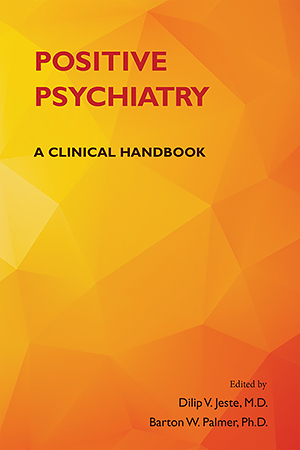Sections
Excerpt
In human lives, discontinuities are of two sorts. The first sort of discontinuity is tragic: the promising youth ends up surprisingly dysfunctional; the already vulnerable but loving mother loses her only child as a result of leukemia. From this first sort of discontinuity we learn little that we did not already know. We all know that Humpty Dumpty can fall off a wall and be shattered beyond repair. The second sort of discontinuity has more to teach us: the traumatized veteran becomes a loving and creative success, and the child who seemed to have no clear chance in life actually turns out quite well. We have much to learn from once fragmented “Humpty Dumpties” who, 10—or even 40—years later, become whole.
Access content
To read the fulltext, please use one of the options below to sign in or purchase access.- Personal login
- Institutional Login
- Sign in via OpenAthens
- Register for access
-
Please login/register if you wish to pair your device and check access availability.
Not a subscriber?
PsychiatryOnline subscription options offer access to the DSM-5 library, books, journals, CME, and patient resources. This all-in-one virtual library provides psychiatrists and mental health professionals with key resources for diagnosis, treatment, research, and professional development.
Need more help? PsychiatryOnline Customer Service may be reached by emailing [email protected] or by calling 800-368-5777 (in the U.S.) or 703-907-7322 (outside the U.S.).



